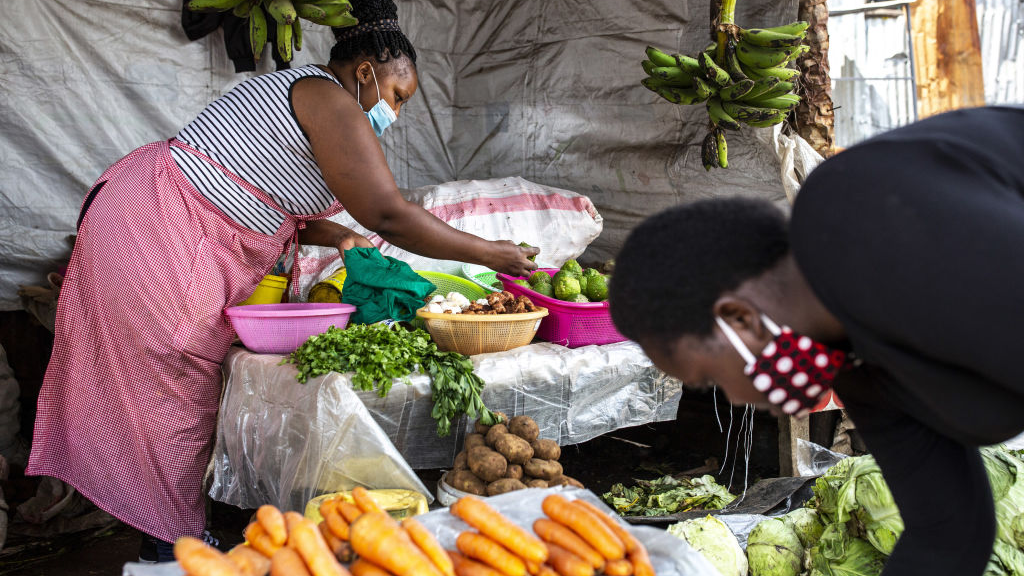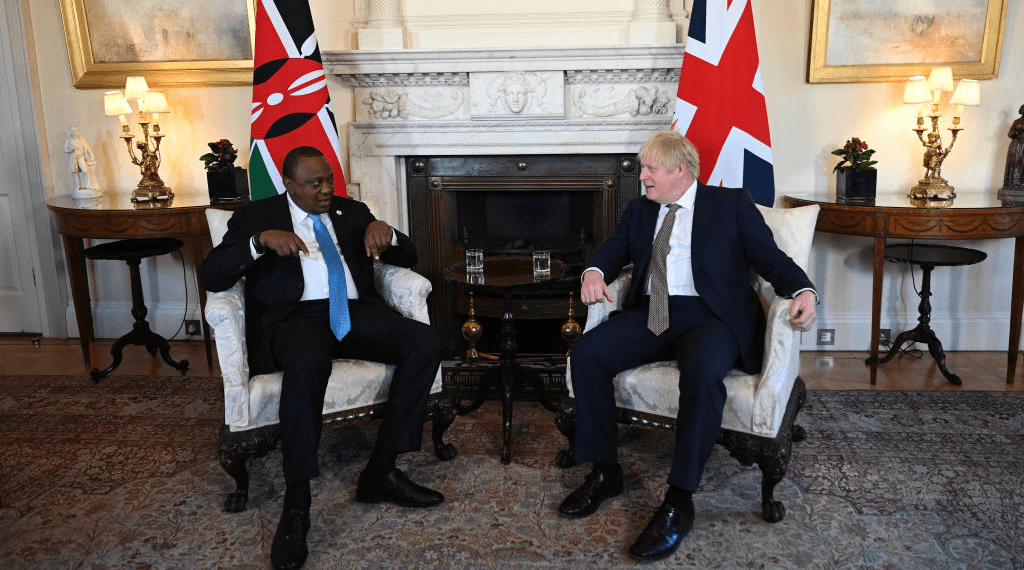Kenyan legislators have ratified the country’s trade deal with the UK dubbed the Economic Partnership Agreement (EPA). Legislators say the signing of the pact sets the stage for duty-free access to UK markets.
Under the agreement, Kenya will maintain its duty and quota-free access for its agricultural products to the UK market. The products include tea, coffee, cut flowers, fruits and vegetables
Also, import taxes on 82.6% of products originating from the UK will be abolished after 25 years. The annual value of trade between Kenya and the UK is estimated at between $638m-820m (£459m-590m).
Access to UK market kenya
The signing of the pact comes despite concerns by some MPs on lack of room for further amendments. Small scale farmers complaining about a lack of public participation have also filed a court case.
However, Mandera South MP and Trade Committee Chairman, Adan Haji has assured farmers that Kenya stands to gain from the deal because they will have unlimited access to the UK market.
He noted that Kenyan vegetable exports command a 43% share of the UK market. And cut flowers do the same at 9%.
“The export potential in the UK for Kenya products was valued at about Sh20 trillion in 2019. If Kenya were to target this potential, it will raise the market share in the UK by 5%. It will translate to exports worth Sh1 trillion, an ambition that Kenya is pursuing.”
Adan Haji
The Trade Committee Chairman also moved to allay fears that the pact will open the floodgates for the ‘dumping of agricultural goods. He emphasized that the objective of the agreement is aligned to Kenya’s food security agenda.
“There will be no negative balance of trade if this deal is ratified. This deal is the engine of Kenya’s realisation of the industrialisation agenda.”

Mr Haji added that the deal comes at a time when the country’s economy has been negatively affected by the pandemic. He therefore entreated the public to rather laud the government for signing an agreement that will help revive the economy.
Vision 2030 goals
Also addressing the issue, Nyando MP, Jared Okelo, who also runs Kenya’s Constituency Development Fund said the deal will help in the realisation of the country‘s vision 2030 goals.
He warned that failure to ratify the deal would mean Kenyan goods will be more expensive in the UK market. This will as a result, make Kenya less competitive as compared to their competitors from Ethiopia and Colombia.
Mr Okelo also said the deal is the only way for the country to get out of the effects of the coronavirus pandemic.
Opposition to deal
One of the MP’s to oppose the deal, Dido Raso, accused the committee of acting as “salespersons” in the ratification of the report.
Mr Raso said the UK is only interested in the deal because of Brexit and not because they have interest in Kenya.
“The UK is not on this deal because they want it but because of Brexit. What we need to ask ourselves is what is in it for us as a country.”
Dido Raso
An array of agriculture products will not be exempted in the UK-Kenya agreement whether in raw and processed form. These include fresh and chilled potatoes, tomatoes, onions, garlic, cabbage, sprouts, lettuce, cucumbers, mushrooms peas and beans.
Fresh and chilled fruits – cashew nuts, bananas, pineapples avocados, mangoes, pawpaw, watermelons, and apples will also not be exempt from duties.
Read Also: Huge prospects for exports as Ghana, UK signs final trade agreement





















